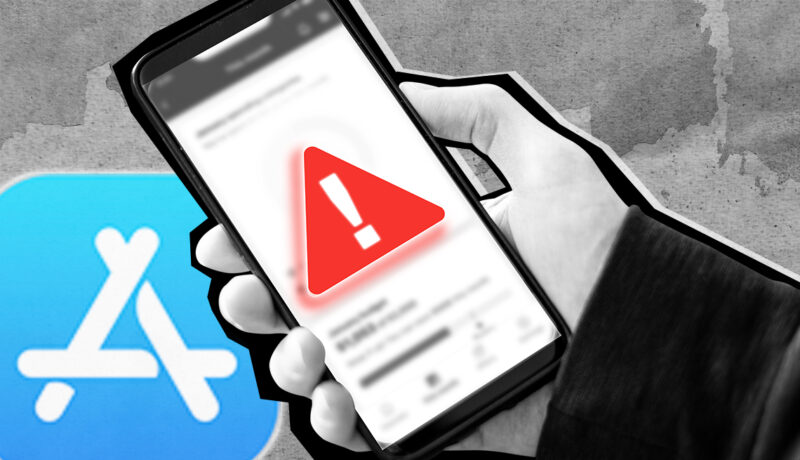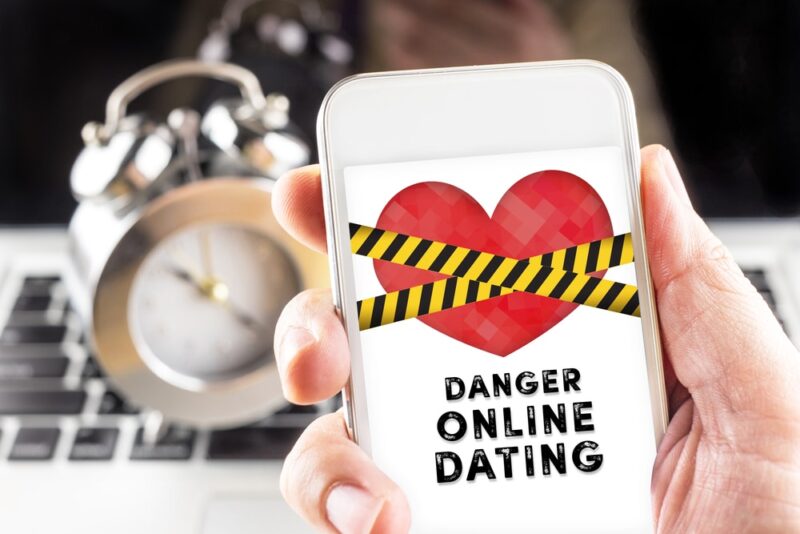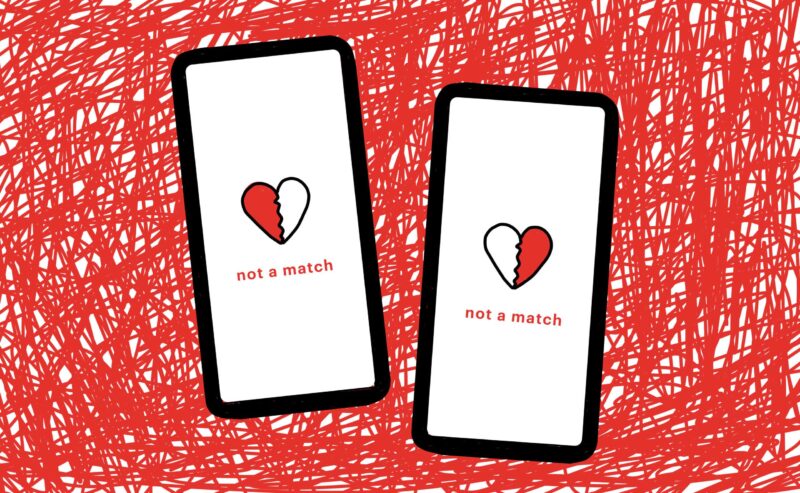In an age where love often starts with a swipe, the allure of dating apps can mask a chilling reality: your data may be at risk. While we eagerly craft profiles and scroll through potential matches, many users remain blissfully unaware of the hidden dangers lurking behind their favorite platforms.
What seems like an innocuous search for companionship can quickly spiral into a murky web of data leaks, privacy concerns, and even identity theft. As you navigate the ever-evolving world of online romance, it’s crucial to pause and consider: is your quest for connection compromising your security? Join us as we delve into the unsettling intersection of technology and intimacy, illuminating the often-overlooked risks that accompany our digital pursuits for love.
The Data You Share: A Double-Edged Sword

In the digital age where love often emerges from a swipe, the data you share on dating apps acts as both a bridge to potential connections and a gateway for unseen risks. When you create a profile, you might consider that charming snapshot of yourself or your whimsically crafted bio as harmless, but each piece of information is a thread woven into a larger tapestry.
Your preferences, conversations, and even location data can be mined and sold to third parties—flirting with privacy violations that can amplify the threat of stalking, unwanted solicitations, and identity theft. The allure of finding a soulmate comes wrapped in layers of digital exposure that can reveal more than just your heart’s desires.
As you navigate this virtual space, ponder the balance of vulnerability and security, where each shared secret is a potential weapon in the wrong hands, and every swipe could carry a hidden cost.
How Dating Apps Collect Your Data
Dating apps are designed to create connections, but behind the seamless swiping and alluring profiles lies a complex web of data collection practices. When you sign up, you’re not just sharing your preferences and interests;you’ree also providing location data, social media credentials, and even payment information.
This information is used to tailor your experience, but it can also be a treasure trove for third-party advertisers and data brokers. Many apps track your interactions—how long you linger on profiles, what messages you send, and which users you ignore—thereby constructing intricate user profiles that go beyond mere dating preferences.
Furthermore, privacy policies are often lengthy and filled with jargon, making it easy for users to overlook how extensively their data is being harvested and shared. As a result, what might start as a quest for love could inadvertently turn into a pathway for invasive marketing and potential security risks.
The Risks of Data Breaches: What Could Go Wrong?

When a dating app suffers a data breach, the fallout can be catastrophic. Imagine your intimate conversations, location data, and personal preferences cascading into the hands of unscrupulous individuals; its a nightmare scenario that can lead to identity theft, stalking, or even harassment.
Beyond the immediate threats, there\’s the insidious fear of being judged or publicly outed — that a casual chat might find its way into the wrong hands, twisting your words into something altogether unrecognizable. The repercussions extend beyond just the individual; they ripple through communities, eroding trust and safety in an environment designed for connection.
As users navigate this digital landscape, they must grapple with the hard truth: the risks of data breaches are not just abstract concerns; they can upend lives and dismantle our very sense of security.
Conclusion

In conclusion, as the allure of online dating continues to grow, so do the associated risks that come with sharing personal information on digital platforms. The potential for dating apps to leak user data highlights the critical need for vigilance regarding privacy settings and data management.
Users must remain informed about how their information is being collected, used, and shared. It is essential to prioritize personal safety and awareness in this digital age.
As exemplified by services like Louisa Escort, which prioritize client confidentiality, individuals should seek out platforms that take data protection seriously. Ultimately, by understanding the hidden dangers of online dating and making informed choices, users can enjoy meaningful connections while safeguarding their privacy.


